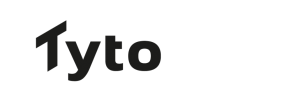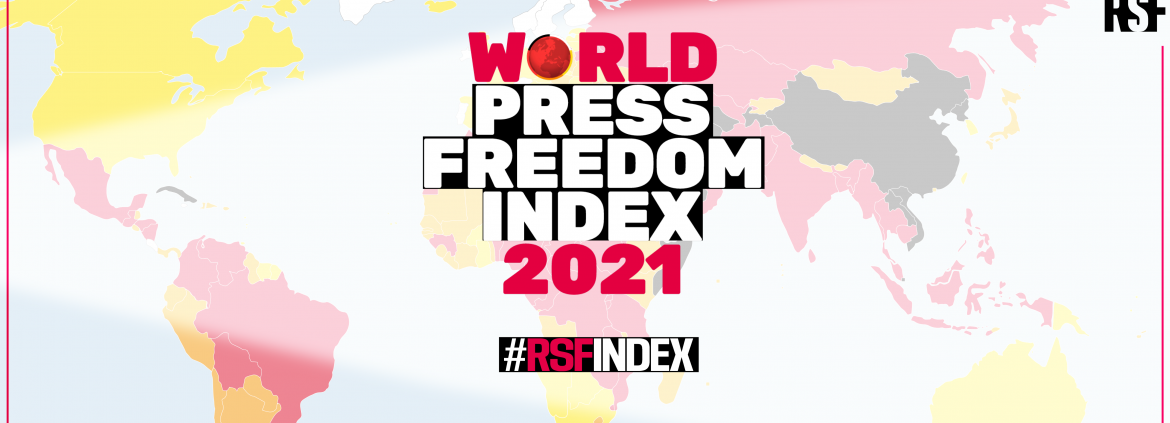The RSF’s latest report reminds us about the importance of press freedom
As a former journalist, the latest World Press Freedom Index published this week by Reporters sans frontières (Reporters Without Borders — RSF) makes for troubling reading.
According to RSF, there has been a “dramatic deterioration” in access to information and an “increase in obstacles” for journalists during the Covid-19 pandemic. Journalism is completely or partly blocked in 73% of the 180 countries ranked by the organisation.
Worryingly, the RSF’s measure of press freedom worldwide has fallen by 12% since 2013 and is at its lowest point since then.
As a pan-European press agency, it is positive to read that Europe remains the most favourable continent for press freedom, but there are causes of concern within some of our key markets. For instance, Germany has dropped two places in the rankings to 13th, stripping it of RSF’s “good” classification, due to reports that dozens of journalists have been attacked by supporters of extremist and conspiracy-theory groups during protests against pandemic restrictions.
In France (34th), the RSF reports press freedom violations have taken place during protests against a new set of regulations for policing demonstrations and against a so-called “global security” bill that would restrict the publication of photos and video footage of police officers.
And while the UK rose two places to 33rd, the RSF has highlighted issues such as domestic restrictions on the press, vindictive reactions by government officials towards critical reporting of its Covid-19 response, and further attacks on journalists, including threats to the safety of journalists in Northern Ireland.
The RSF underlines just how much pressure the media industry is under. It has struggled to cope with the financial impact of the pandemic, which has forced publications to cut staff or cease operations. And while reporters continue to go about their vital work of holding governments and businesses to account and keeping the public informed, it is so disheartening to read about the figurative attacks on press freedoms and the physical attacks on journalists.
At Tyto, we care deeply about press freedom. Not only because, as a PR agency, our work is dependent on journalism, but because we have a responsibility to support journalists. As the RSF so succinctly describes it, “journalism is arguably the best vaccine against the virus of disinformation”.
Fake news and disinformation are rife, especially on the internet and social media, and it has clearly flourished during the pandemic. That’s why journalism and press freedom are so crucial in combating disinformation, uncovering wrongdoing and informing the public about what is happening in the world.
Press freedom is important to Tyto and we are passionate about supporting it. It’s why we chose to work with RSF when we launched the Tyto Foundation earlier this year and helped to promote the launch of the Press Freedom Index this week.
We are proud to be working with the RSF on its mission to promote and defend the freedom of the press around the world. While this year’s index is concerning, it is positive that there is an organisation like RSF shining a spotlight on the issues facing journalism.
As vaccines continue to be rolled out around the world, there are calls for us all to “build back better” as society approaches a new normal. Hopefully the lifting of restrictions on everyday life will also see some of the restrictions on the press lifted, and next year’s report might be a little more positive.
Image © RSF, rsf.org



